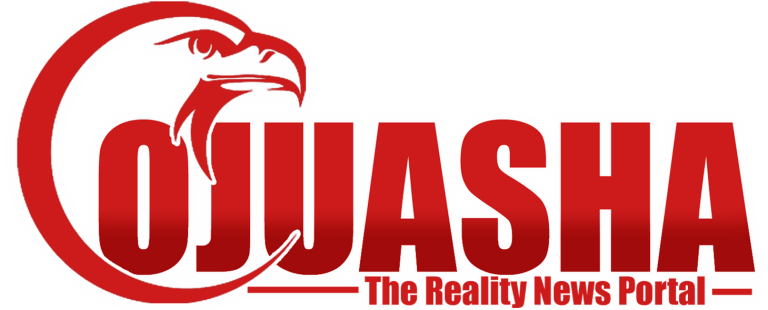Fuel marketers across the country adjusted their pump prices yesterday to between N158 and N162 per litre of petrol, saying a further increase in global crude oil prices would push the pump price of petrol higher.
Petrol prices have increased for three straight months, rising from N121.50–N123.50 per litre in June to N140.80-N143.80 in July, N148-N150 in August and N158-N162 in September.
The Petroleum Products Marketing Company, a subsidiary of the Nigerian National Petroleum Corporation had, on Wednesday, increased the ex-depot price of Premium Motor Spirit (petrol) to N151.56 per litre from N138.62 per litre but later reduced it to N147.67.

Punch reports that the ex-depot price is the price at which the product is sold to marketers at the depots.
When the collapse of global crude oil prices triggered the reduction of the pump price of petrol from N145 per litre to N125 in March, the Petroleum Products Pricing Regulatory Agency said it would advise the NNPC and oil marketing companies on the monthly “guiding retail price” at which the product shall be sold across the country.
The Minister of State Petroleum Resources, Timipre Sylva, in a statement on May 15, said deregulation was approved on March 19 this year.
“But as you all know, PMS and other petroleum products are very strategic commodities, so you cannot allow the prices of these commodities to be determined wholly by the marketers,” he added.
In June, the Executive Secretary, PPPRA, Abdulkadir Saidu, said, “For the avoidance of doubt, it is instructive to state that no private individual or group has the mandate to fix prices of petroleum products, however, the statutory regulatory body is saddled with the responsibility of advising guiding prices.”
But the PPPRA failed to issue any guiding prices in August and September and has remained silent since then, despite repeated calls and messages sent to the agency by one of our correspondents on the issue.
The spokesperson of the agency, Kimchi Apollo, however, told our correspondent on Thursday that he would get information on the development and revert. He had yet to do so as of the time of filing this report.
The National Operations Controller, Independent Petroleum Marketers Association of Nigeria, Mr Mike Osatuyi, told one of our correspondents that the increase in petrol pump prices was a reflection of the global oil prices.
“In July, the crude oil price was around $43 per barrel. But rose to about $44-$45 in August. Last Monday, it increased to $46. If the crude oil price falls to $40, petrol prices will come down. But if it goes up to $50, we should be expecting petrol price to rise to about N163 per litre if the exchange rate remains the same,” he said.
Osatuyi stressed the need for government to create a level playing field by allowing marketers to also have access to foreign exchange at the official rate like the NNPC to enable them to import products.
The Chairman, Major Oil Marketers Association of Nigeria, Mr Adetunji Oyebanji, said earlier on Thursday that pump prices would have to be adjusted to reflect realities of the increase of ex-depot prices by PPMC.
“However, the magnitude of the increase, timing and location is a decision left to each company. Consistent with global best practices, MOMAN does not dictate prices to its members as this would be anti-competition in a fully deregulated market.
“We welcome government’s action in allowing the market to determine prices, as we believe it will prevent the return of subsidies, while allowing operators the opportunity to recover their costs. This will, in the long run, encourage investment and create jobs,” he added.
But a groundswell of public opposition across the country have greeted the hike in petrol prices.
WE CAN’T FUND PETROL SUBSIDY, SAYS FG
The Federal Government said on Thursday that it lacked funds to subsidise the cost of PMS.
The minister, Sylva, told journalists that since the introduction of the deregulation policy, Nigeria had saved about N1tn.
He said the saving came following the removal of subsidy and the expulsion of N500bn earmarked for subsidy payments in the 2020 budget, adding that the removal of foreign exchange differentials also saved the country about N500bn.
Sylva further revealed that plans to merge the PPPRA and the Petroleum Equalisation Fund into one agency called “The Authority,” had reached an advanced stage.
He assured Nigerians that the government was working hard to address the concerns in the downstream oil and gas sector.
He said, “It became necessary that the country cannot sustain subsidy payments, hence the decision to deregulate. Government has stopped subsidising petrol at the pump.
“It will now play its traditional role of protecting consumers from exploitation by ensuring that marketers do not profiteer at the expense of ordinary Nigerians and consumers of the product.”
Sylva said the government had stepped back in terms of price fixing for petrol, adding that market forces and crude oil price would continue to determine the cost of PMS.
Source: Punch newspaper.

